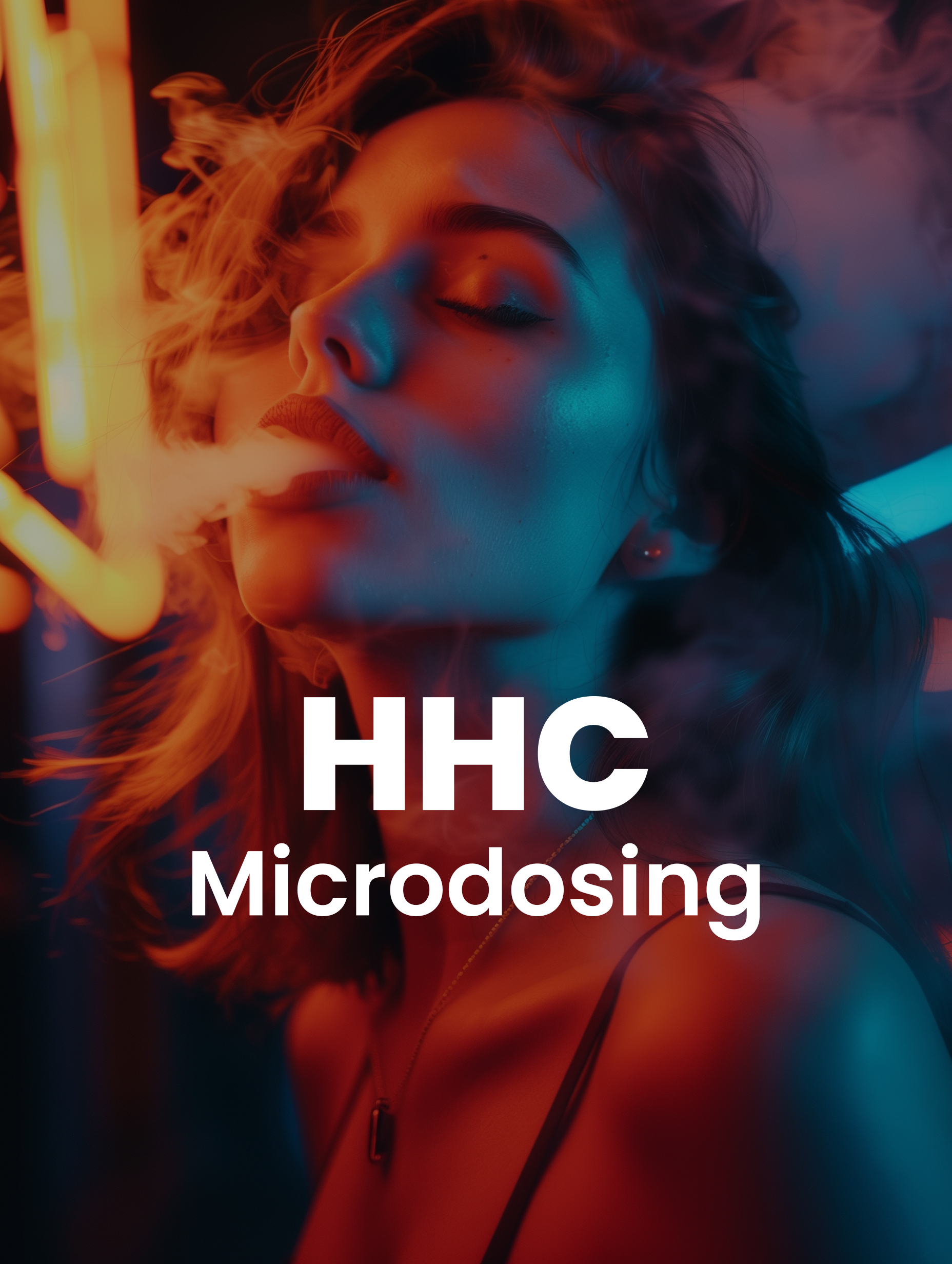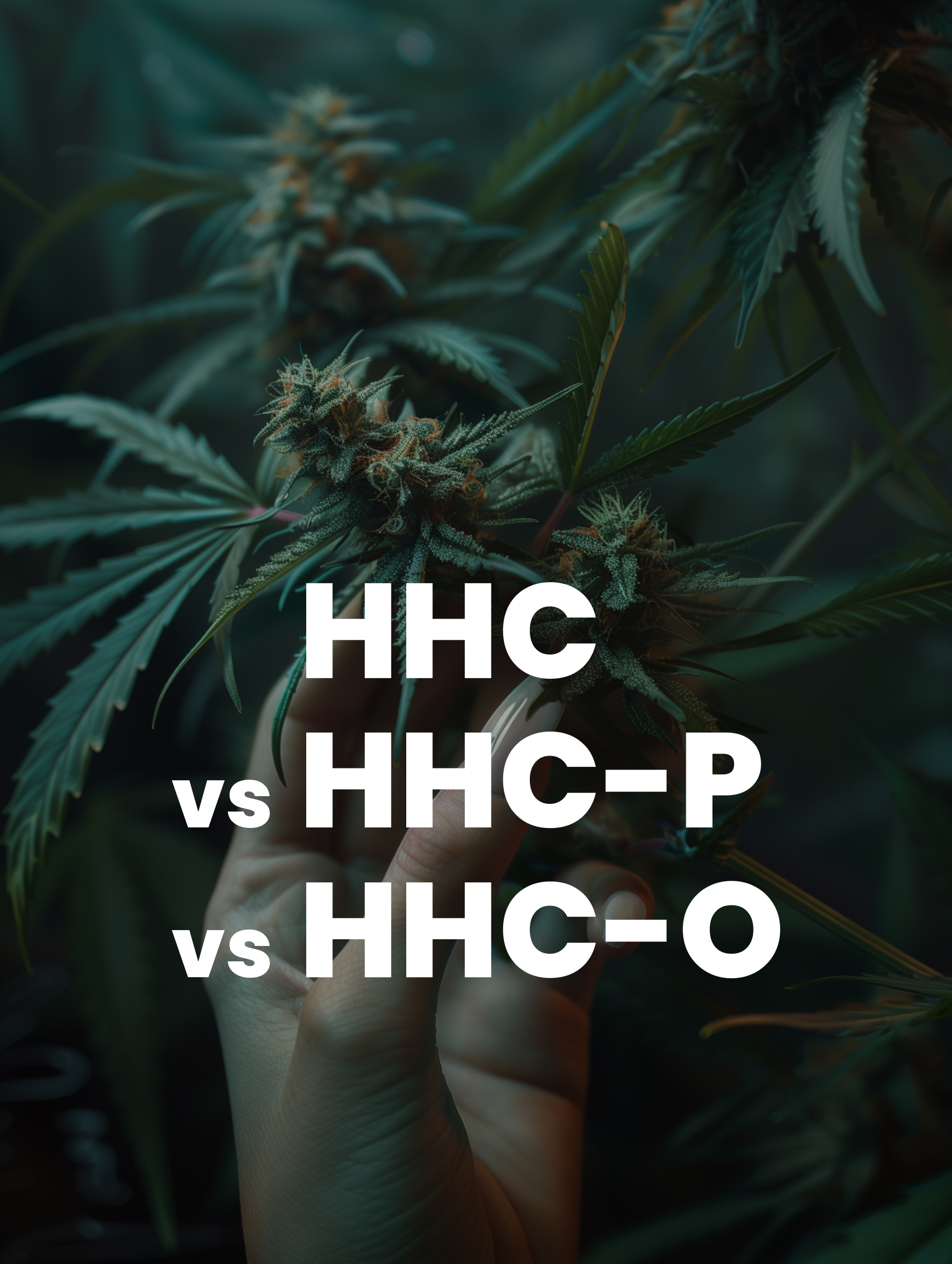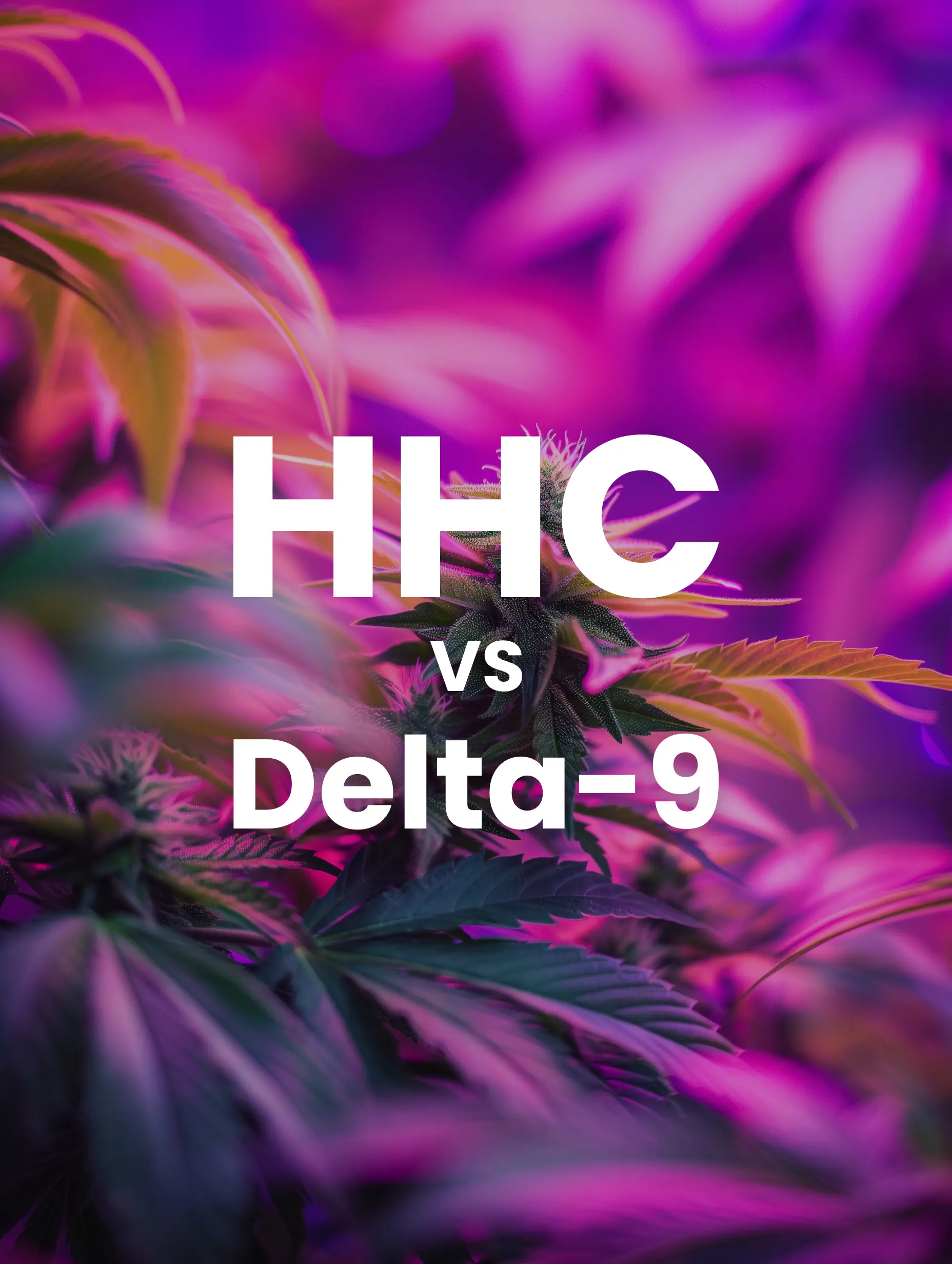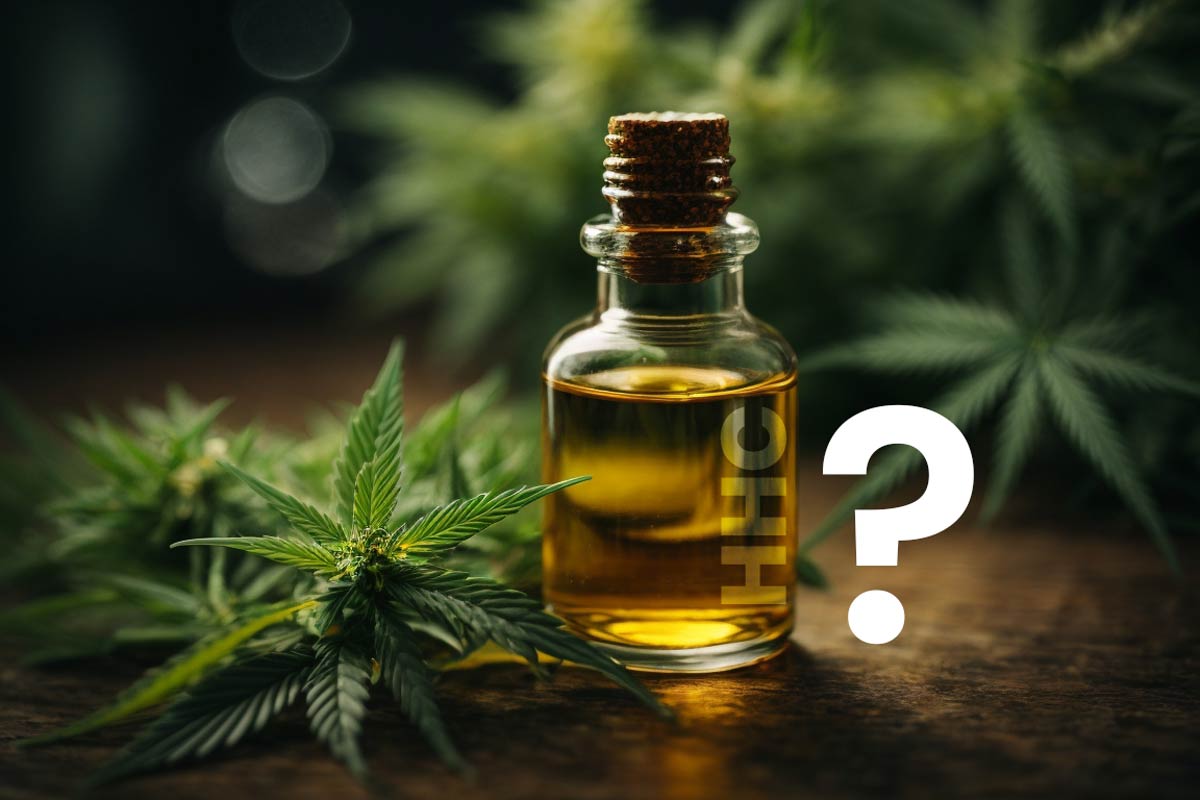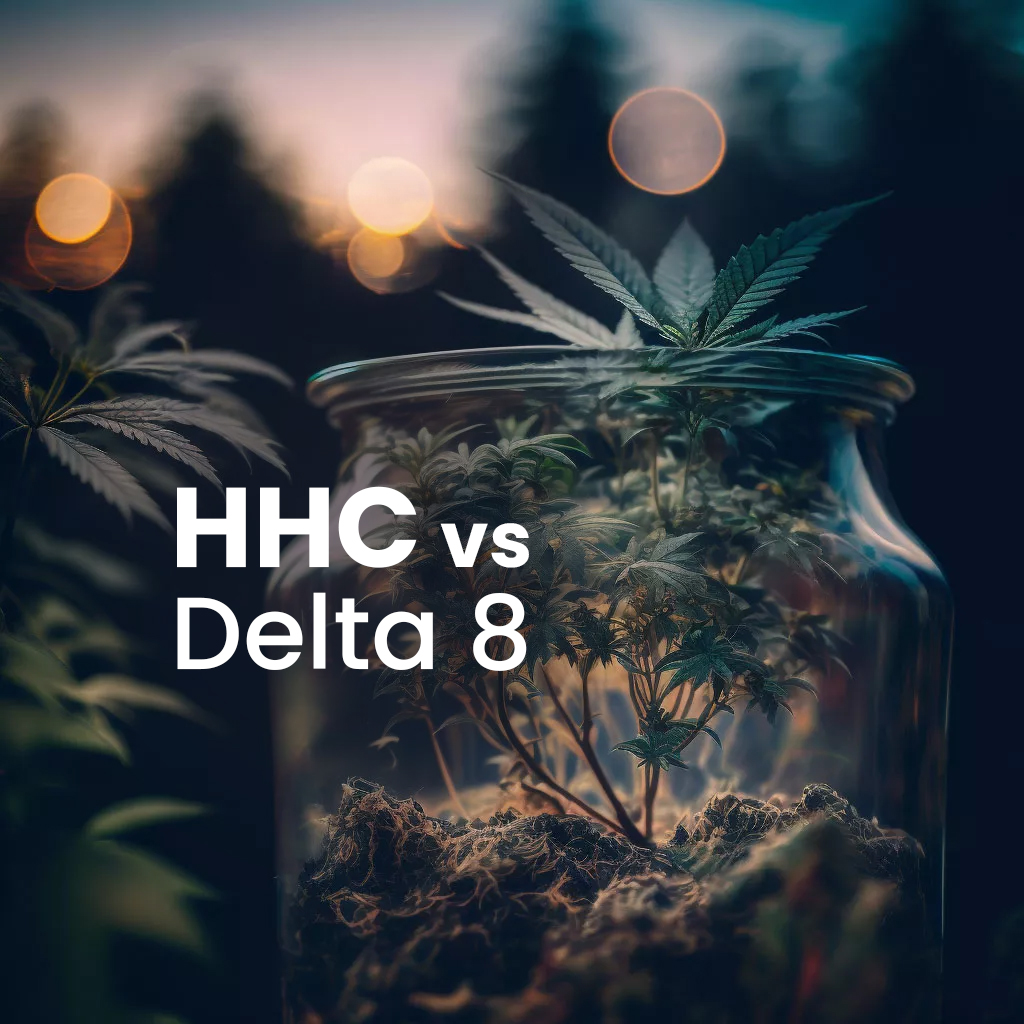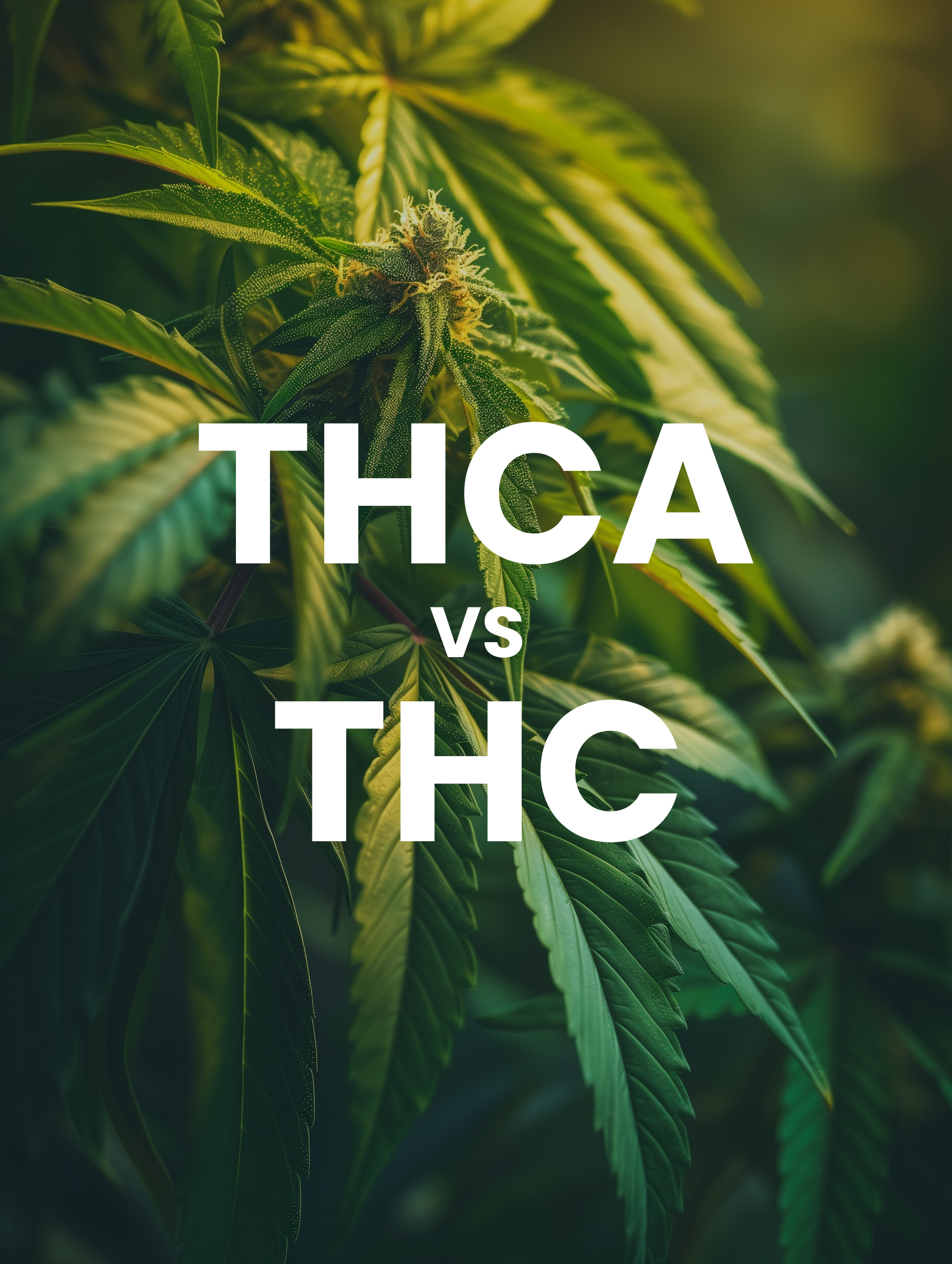HHC vs THC: Comparing Effects, Benefits, and Legality
HHC and THC are two cannabinoids found in the cannabis plant that have gained attention for their potential effects and benefits. THC or tetrahydrocannabinol is the most well-known and extensively researched cannabinoid. Its the primary psychoactive compound in cannabis responsible for the characteristic high associated with marijuana use.
THC interacts with the bodys endocannabinoid system binding to cannabinoid receptors in the brain and nervous system. This interaction leads to a range of effects including altered perception euphoria relaxation and increased appetite.
Cannabis users often report that THC can have an impact on mental health. While some individuals find that THC helps alleviate symptoms of anxiety and depression others may experience heightened anxiety paranoia or other negative effects particularly at high doses. Its important for individuals to be aware of their own reactions to THC and to use it responsibly.
On the other hand HHC or hexahydrocannabinol is a newer compound that has recently emerged in the cannabis market. It is a hydrogenated form of THC meaning it has a similar molecular structure but with the addition of hydrogen atoms. This hydrogenation process makes HHC more stable and resistant to oxidation and degradation compared to THC.
HHC is often referred to as a synthetic cannabinoid because it is created through a chemical process. However it is important to note that HHC is derived from hemp plants and is not the same as the dangerous synthetic cannabinoids found in illicit drugs like Spice or K2. These synthetic cannabinoids can have unpredictable and severe negative effects on the central nervous system.

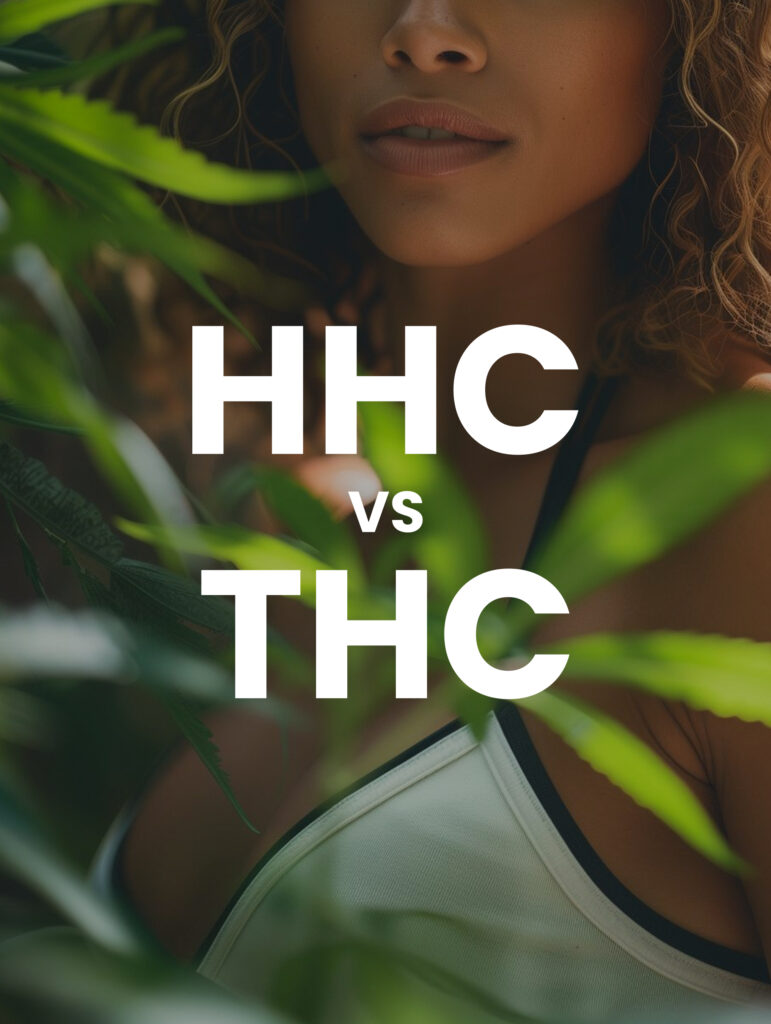
Key Takeaways
- HHC and THC are two cannabinoids found in the cannabis plant with distinct effects and potential benefits
- THC is the primary psychoactive compound in cannabis known for producing a strong high altered perception and potential therapeutic effects
- HHC is a hydrogenated form of THC reported to produce a more clear-headed focused and body-relaxing high with less anxiety and mental impairment
- THC has been extensively researched and used for its pain-relieving anti-inflammatory and appetite-stimulating properties
- Preliminary evidence suggests HHC may offer unique benefits such as pain relief relaxation and anxiety reduction without the intense psychoactive effects of THC
- The legal status of HHC and THC varies depending on the jurisdiction with complex federal and state laws surrounding cannabis and its derivatives
- Its important to be aware of the potential impact of THC and HHC on mental health and to use these substances responsibly and under the guidance of a qualified healthcare professional
Effects

While HHC and THC share some similarities in their effects there are notable differences. THC is known for producing a strong psychoactive high that can be euphoric but also potentially overwhelming and anxiety-inducing for some users. It can cause altered perception of time and space impaired memory and coordination and increased heart rate and appetite.
In contrast HHC is reported to produce a more clear-headed and focused high compared to THC. Users describe the effects of HHC as a more balanced and functional experience with less mental fog and anxiety. HHC is also said to provide a more body-focused relaxation and physical comfort without the intense cerebral stimulation associated with THC.
The onset and duration of effects also differ between HHC and THC. THC typically has a rapid onset with effects felt within minutes of inhalation and peaking within 30 minutes to an hour. The high from THC can last for several hours depending on the dose and individual tolerance. HHC on the other hand is reported to have a slower onset taking up to 30 minutes to fully kick in but with a longer-lasting high that can persist for several hours.
Its worth noting that the effects of both HHC and THC can vary depending on the dose and the individuals tolerance and sensitivity. Starting with a small amount and gradually increasing as needed can help minimize the risk of negative effects.
Benefits

Both HHC and THC have been associated with potential therapeutic benefits though research on HHC is still limited compared to the extensive studies on THC. THC has been shown to have pain-relieving anti-inflammatory and appetite-stimulating properties.
It has been used to alleviate symptoms associated with conditions such as chronic pain multiple sclerosis and chemotherapy-induced nausea and vomiting.
Preliminary research and anecdotal evidence suggest that HHC may offer some unique benefits. HHC has been reported to provide effective pain relief and relaxation without the strong psychoactive effects of THC. This could make it an appealing option for individuals seeking the therapeutic benefits of cannabinoids without the intense high.
Some users also report that HHC helps reduce anxiety and promote a sense of calm and well-being. This is in contrast to the anxiety-inducing effects that some individuals experience with THC particularly at higher doses. HHC may offer a more manageable and pleasant experience for those sensitive to the psychoactive effects of THC.
Its important to note that while HHC and THC may offer potential benefits more research is needed to fully understand their effects on mental health and overall well-being. As with any substance individual reactions can vary and its crucial to use cannabinoids responsibly and under the guidance of a qualified healthcare professional.
Legality

The legal status of HHC and THC varies depending on the jurisdiction. In the United States THC is a controlled substance under federal law classified as a Schedule I drug. This means that it is illegal to possess distribute or use THC for any purpose including medical use. However many states have legalized cannabis for medical or recreational purposes creating a complex legal landscape.
The legal status of HHC is somewhat ambiguous. It is not explicitly listed as a controlled substance under the Controlled Substances Act. However due to its structural similarity to THC it is still considered a Schedule I drug by the Drug Enforcement Administration (DEA). This means that HHC is technically illegal under federal law but its legal status at the state level depends on individual state laws regarding cannabis and its derivatives.
In states where cannabis is legal for medical or recreational use HHC may be accessible through licensed dispensaries. However in states where cannabis remains illegal HHC is also likely to be considered illegal. Its important to stay informed about the specific laws in your area as the legal landscape surrounding cannabis and its compounds is constantly evolving.
Its worth noting that while some hemp-derived products containing HHC may be marketed as federally legal the Food and Drug Administration (FDA) has not approved HHC as a safe or effective substance. The FDA has expressed concerns about the potential risks associated with synthetic cannabinoids and emphasizes the need for further research and regulation in this area.
Final thoughts
HHC and THC are two cannabinoids that have gained attention for their potential effects and benefits. While THC is the most well-known and researched compound HHC has emerged as a unique alternative with a distinct profile of effects. HHC is reported to provide a more balanced and functional high compared to THC with less anxiety and mental impairment.
As research on HHC continues we may gain a better understanding of its potential therapeutic applications and how it compares to THC. However its important to note that the legal status of both HHC and THC is complex and subject to change. Individuals should stay informed about the laws in their specific jurisdiction and exercise caution when using any cannabis-derived products.
Ultimately the choice between HHC and THC depends on individual preferences desired effects and legal considerations. As with any substance its crucial to approach use with responsibility and awareness of potential risks and benefits. This includes being mindful of the impact on mental health and using cannabinoids in moderation and under the guidance of a qualified healthcare professional.
Frequently Asked Questions
What is the main difference between HHC and THC?
HHC is a hydrogenated form of THC with a similar molecular structure but distinct effects. THC is known for producing a strong psychoactive high while HHC is reported to provide a more clear-headed focused and body-relaxing experience with less anxiety and mental impairment.
Is HHC legal?
The legal status of HHC is ambiguous and varies depending on the jurisdiction. Federally HHC is considered a Schedule I drug due to its similarity to THC but its legality at the state level depends on individual state laws regarding cannabis and its derivatives.
Does HHC get you high like THC?
Yes HHC can produce psychoactive effects similar to THC but with some notable differences. Users report that HHC provides a more balanced and functional high with less anxiety and mental fog compared to THC.
How long do the effects of HHC last compared to THC?
HHC is reported to have a slower onset of effects compared to THC taking up to 30 minutes to fully kick in. However the high from HHC is said to be longer-lasting persisting for several hours. THC typically has a rapid onset with effects peaking within 30 minutes to an hour and lasting for several hours depending on the dose and individual tolerance.
Can HHC be detected on a drug test?
There is limited information available on whether HHC can be detected on standard drug tests. However due to its similarity to THC it is possible that HHC may produce a positive result on a test designed to detect THC. Its always best to err on the side of caution if you are subject to drug testing.
Is smoking marijuana the only way to consume HHC and THC?
No while smoking marijuana is a common method of consuming THC and HHC there are other options available. These cannabinoids can also be consumed through vaporizers edibles tinctures and topical products. The method of consumption can impact the onset duration and intensity of effects.
Can HHC and THC have negative effects on mental health?
Yes both HHC and THC can potentially have negative effects on mental health particularly in high doses or with frequent use. Some individuals may experience increased anxiety paranoia or other adverse psychological effects. Its important to be aware of individual reactions and to use these substances responsibly and in moderation.
Are HHC and THC approved by the Food and Drug Administration (FDA)?
No the FDA has not approved HHC or THC as safe or effective substances. The FDA has expressed concerns about the potential risks associated with synthetic cannabinoids and emphasizes the need for further research and regulation in this area.
The statements on this blog are not intended to diagnose, cure, treat or prevent any disease. FDA has not evaluated statements contained within the blog. Information on this website or in any materials or communications from Inheal is for educational/informational purposes only and is not a substitute for medical advice, diagnosis, or treatment. Please consult your healthcare provider before making any healthcare decisions, correct dosage or for guidance about a specific medical condition.

A connoisseur of cannabis creativity and true contemplation with more than 20 years of experience, Chris extracts deep thoughts from getting lightly baked and shares his wandering mind. He blends cuisine and cannabis culture into nutritious, delicious recipes and insights for other hemp lovers.
Related Posts

Guide to Microdosing HHC for Focus, Creativity, and Wellness

Will HHC Show Up On A Drug Test? The Comprehensive Guide

HHC vs. HHCP vs. HHC-O: Complete Comparison

Is HHC Stronger Than Delta 8

HHC vs Delta 9

What is HHC? Understanding Hexahydrocannabinol

Comparing HHC vs Delta 8: Which is Right for Me? – Inheal

Is HHC Legal in Your State? Everything You Need To Know

THCA vs THC: What’s the Difference?
All Posts


